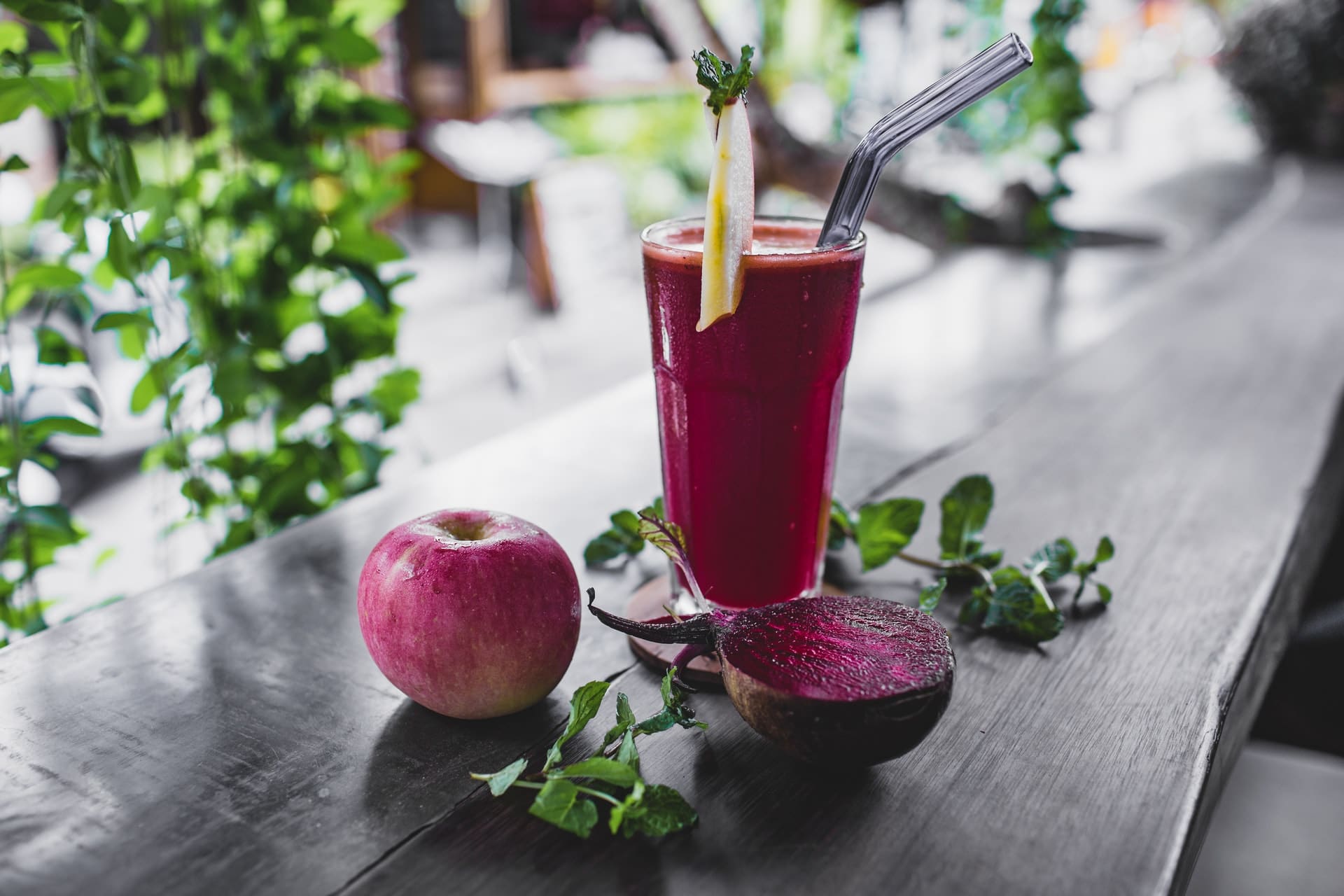If you aren’t aware of beetroot carrot and apple side effects, there is nothing to worry about because the risk with these crops is similar to other natural foods. This means that beetroot, carrot, and apple will only be detrimental to people with specific health conditions. Still, it will give you peace of mind to talk with your healthcare provider before eating these foods.
When we think of healthy foods, fruits and vegetables immediately come to mind because of the nutrients they provide. However, it’s not always easy to get them, so greenhouse farming is a booming industry in the US. A limitation for US consumers and gardeners with these crops is the planting zone and weather in their area, so indoor gardening with a greenhouse will help with the availability and production of them.

Beetroot Carrot And Apple Side Effects And Precautions
Beetroot side effects
Beeturia
The most common side effect of beets is beeturia, which is the temporary reddening of the urine upon the consumption of this root crop. However, this isn’t a harmful side effect unless you have problems in metabolizing iron. The connection is that people with iron excess or deficiency are more likely to experience beeturia.
There are also no findings indicating that beets are harmful to pregnant or breastfeeding women. But to be cautious, stick to eating one or half of a whole medium beet. In general, the majority of the population can safely eat beets or beetroot juice without the risk of any side effects.
Low blood pressure and kidney stones
If you have low blood pressure or kidney disease, make sure to discuss eating beets with your doctor. Beets are a source of nitrates, and it can affect blood pressure. Additionally, the oxalates in this crop can cause kidney stones if you’re high risk.
Carrot side effects
Allergic reactions
Did you know that carrot allergy is possible? If you are allergic to parsley, celery, bitch, ivy, and mugwort, you might also be prone to being allergic to the related carrot. However, it’s more common to experience the reactions with raw carrot compared to a cooked carrot.
The allergic reactions that are possible are inflammation and hives upon contact with skin. In more severe cases, one might experience difficulty breathing due to anaphylaxis. Do note that this allergic reaction is life-threatening, so if you’re allergic to this plant family, it’s best to avoid carrots.
Carotenemia
Similar to beets, a carrot is generally safe for pregnant or breastfeeding women. But for kids, make sure to stick to small amounts of carrot juice to prevent yellowing of the skin. Adults are also prone to developing carotenemia, so eat carrots within the recommended intake.
Excessive consumption of carrots, which are rich in beta-carotene, can cause yellow pigmentation on the skin. There is nothing to worry about because the skin color will return to normal after weeks. If you’re worried about developing carotenemia or yellow-orange skin tone, you will need up to 20 mg of carrots per day for that to happen.
Apple side effects
Allergic reactions
Similar to carrots, apples can also be allergic to some people. If you are allergic to apricot, pear, peach, plum, strawberry, and almond, you should be cautious with apples. Sensitivity to the Rosaceae family and even to birch pollen can indicate an allergy to apples.
Cyanide in seeds
It’s worth noting that apple seeds contain amygdalin that releases cyanide, which we all know is very poisonous. But before you get scared, know that this only happens upon chewing and digesting the seeds. It’s better to avoid eating the seeds altogether, but the consumption of small amounts will not contain enough cyanide to be dangerous.
Weight gain and high sugar levels
Like most fruits, never eat apples in excess. The fruit can increase blood sugar levels, which can contribute to weight gain and be problematic for people with diabetes. Always remember that a medium-sized apple contains 18.9 grams of sugar.
Teeth damage
More than the sugar content, apples are acidic, and overeating can damage the tooth enamel, so rinse with water to wash the sugar and acids after eating. The Journal of Dentistry even found out that overeating apples can be damaging to teeth similar to carbonated drinks. At the same time, the way you’re eating apples can contribute to tooth damage.
For example, the slower you eat the fruit, the longer the acids can damage the tooth enamel. It’s best not to eat it throughout the day or eat apples at meal times instead. You can also cut the fruit and chew the slices with the back teeth instead of directly biting onto it.
Bottom Line
All fruits and vegetables can have side effects, but this doesn’t mean that we should skip them. The beetroot carrot and apple side effects are not dangerous as long as you’re aware of your health conditions. Besides, their health benefits outweigh the risks, and they are surprisingly easy to grow in the greenhouse.
Overall, always stick to the recommended amounts of beets, carrots, and apples. It’s best to regularly consult with your doctor about your diet to avoid any potential complications.
